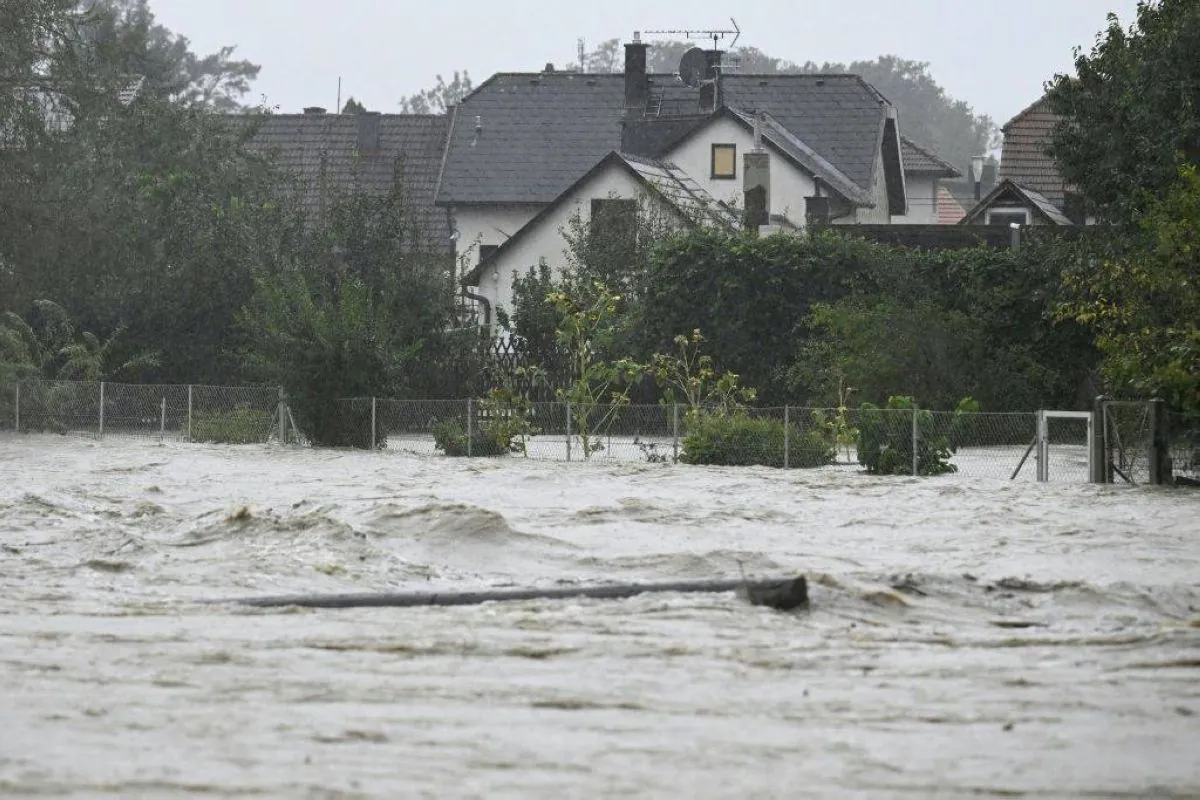Severe flooding has struck Austria, causing significant disruption to the country's upcoming parliamentary election campaign. The extreme weather event, which began on Friday, September 13, 2024, has resulted in three fatalities in Lower Austria, the country's largest state by area.
Karl Nehammer, the Chancellor of Austria and leader of the People's Party, announced a "pause" in the election campaign on Sunday, September 15. He stated, "We must devote all our energy and attention to disaster management and helping those affected by the storms!" However, political analysts suggest that campaigning continues, albeit with a focus on crisis management.
The floods have prompted political parties to cancel or postpone scheduled events, including televised debates, with the election just 13 days away on September 29, 2024. Despite the declared pause, Nehammer has maintained a visible public presence, visiting affected areas and overseeing emergency response efforts.
Other political figures have also remained active during the crisis. Herbert Kickl, leader of the far-right Freedom Party, which is currently leading in the polls, shared a video expressing gratitude to emergency services. Andreas Babler, head of the opposition Social Democratic Party and mayor of Traiskirchen, posted footage of himself working alongside emergency responders in his town.
The flooding has brought attention to Austria's flood protection measures, particularly in Vienna. During a joint news conference with Nehammer on Monday, September 16, Vienna's Mayor Michael Ludwig highlighted the city's foresight in constructing a massive flood protection channel along the Danube in the 1970s and 1980s. This system, known as the New Danube, has proven effective in preventing major flooding from the river.
"We have come through this situation well because we expanded flood protection massively very early on, many years ago."
Ludwig's remarks carried political undertones, as he reminded voters of the "fierce political resistance" faced by the flood protection project at the time, indirectly criticizing Nehammer's People's Party.
As Austria grapples with this natural disaster, the incident has underscored the increasing frequency of extreme weather events, potentially linked to climate change. The country's political landscape, traditionally dominated by the People's Party and the Social Democratic Party, may be influenced by how leaders respond to this crisis in the lead-up to the election.
The flooding has primarily affected Lower Austria, which surrounds Vienna and borders the Czech Republic and Slovakia. As a landlocked country in Central Europe, Austria is particularly vulnerable to riverine flooding, with the Danube – Europe's second-longest river – flowing through its capital.
As the country approaches the September 29 election, which uses a system of proportional representation, the response to this emergency may play a crucial role in shaping voters' perceptions of the various political parties and their leaders.
